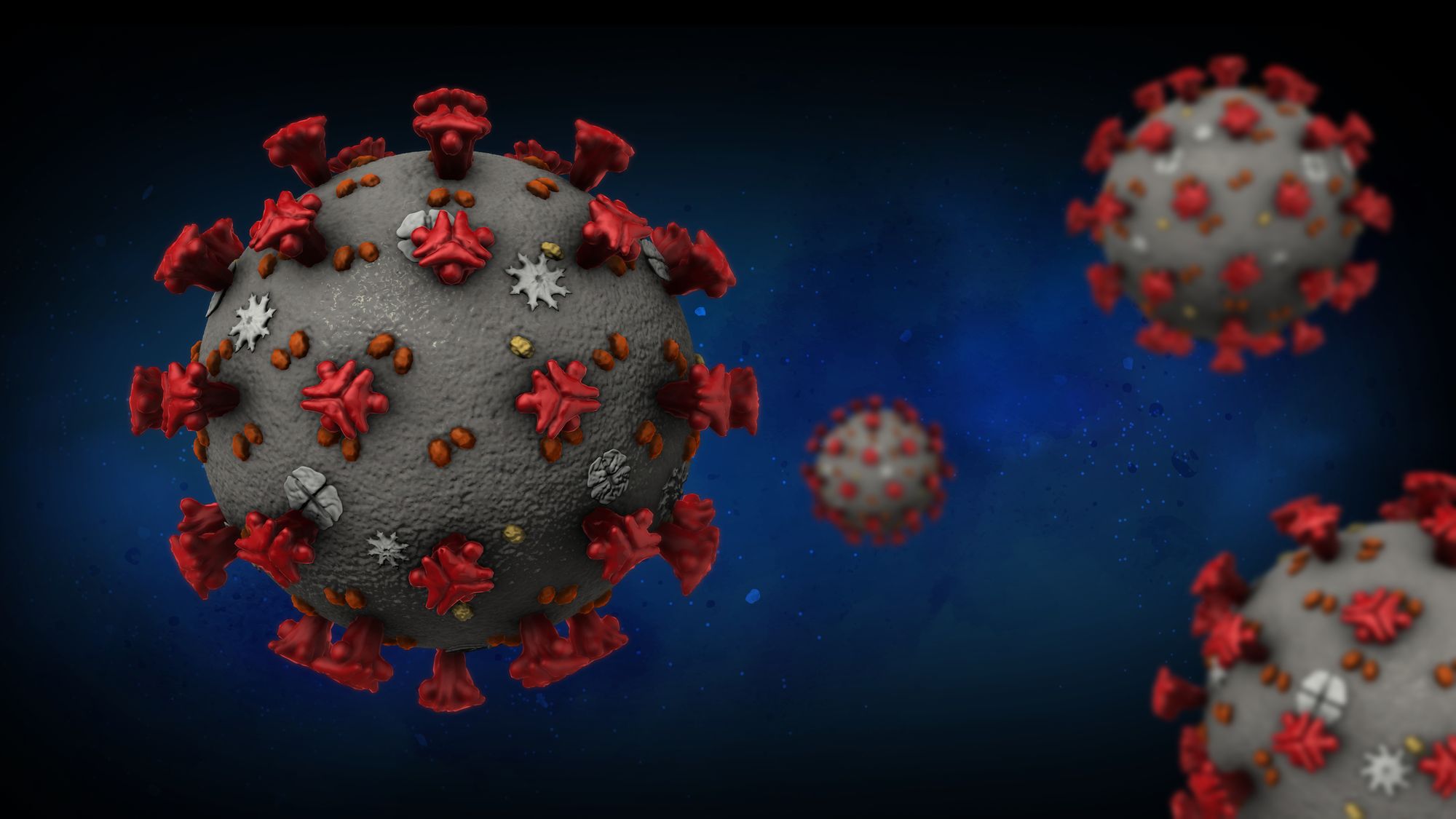How do the vaccines work?
· The vaccines have a small piece of mRNA that acts as a blueprint for our body to produce a protein that resembles a protein found in the coronavirus. After the protein is produced our bodies create antibodies to recognize the virus and this enables us to fight the virus. The vaccines do not contain a live virus and the protein cannot replicate and cause an infection in our bodies. It teaches the immune system what the virus looks like so we can be better prepared for an infection.
Are the vaccines effective?
· Yes! The Pfizer vaccine is 95% effective and only one case of severe COVID-19 was reported during the trials. The Moderna vaccine is 94.1% effective and there were no cases of severe COVID-19 reported during clinical trials.
What are the benefits of being vaccinated?
· Being vaccinated will protect you from becoming severely ill if you become infected from COVID-19. It will also protect your friend, family, co-workers, or close contact from getting COVID-19. Vaccination is an important tool in the development of herd immunity.
Are the vaccines safe?
· Yes! COVID vaccine safety has been a top priority from the beginning. All vaccines go through a rigorous approval process that looks at both safety and efficacy data seen in trials prior to approval. 30,000 – 40,000 patients were enrolled in the Phases 3 trials testing for safety and efficacy.
What are some of the side effects seen?
· The most commonly reported side effects of fatigue, headaches, fever and/or chills, and muscle or joint aches. Side effects are seen more often after the second dose of vaccine and are more common in younger patients. They usually develop within one or two days after receiving the vaccine and will go away within a day or two. Tylenol (acetaminophen) or Motrin (ibuprofen) may be used after vaccination to alleviate some of the side effects.
What about severe side effects?
· Anaphylaxis to the vaccine is rare. Reports of anaphylaxis are more common in patients how have had a prior history of allergic reactions to other vaccines in the past. Patients with a history of an allergic reaction are monitored for at least 30 minutes after vaccination to ensure prompt medical attention if necessary.
Will a COVID vaccine cause a positive COVID test result?
· COVID-19 vaccination will NOT lead to a positive test for an active infection. COVID-19 vaccination MAY lead to a positive antibody test.
Should I get a vaccine if I’ve already had COVID-19?
· Yes! A previous infection in not a contraindication for vaccination. Vaccination should be delayed until you have recovered and the isolation period is over. It is recommended to wait 3 months after having COVID prior to receiving the vaccine.
Are safety precautions still needed after vaccination?
· Yes! Continue to practice proper hand washing, social distancing, and masks wearing post vaccination. More data is needed before we can know if having a vaccine prevents the spread of COVID-19.
Where can I find more information about vaccine availability in Story County?
· https://www.mgmc.org/coronavirus/covid-19-vaccine/ - updated every Monday · coronavirus.iowa.gov
· Check in with local pharmacies periodically

